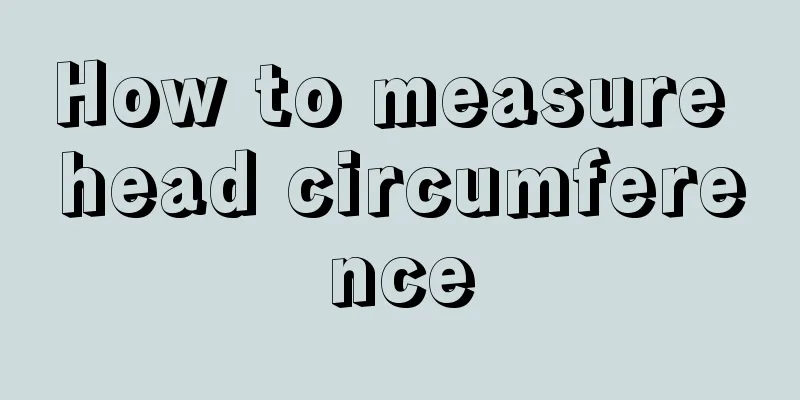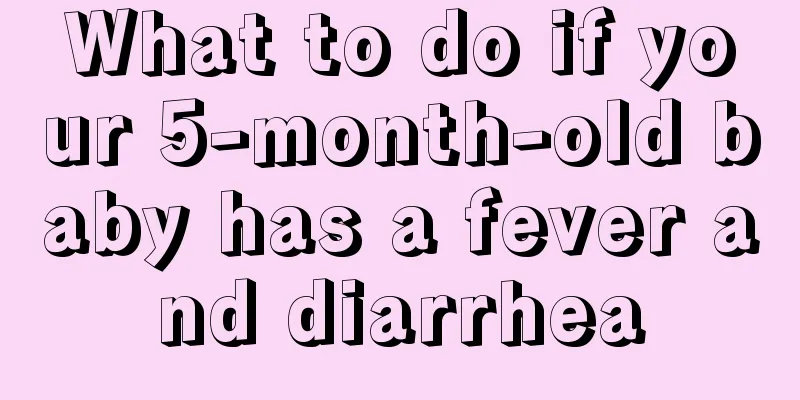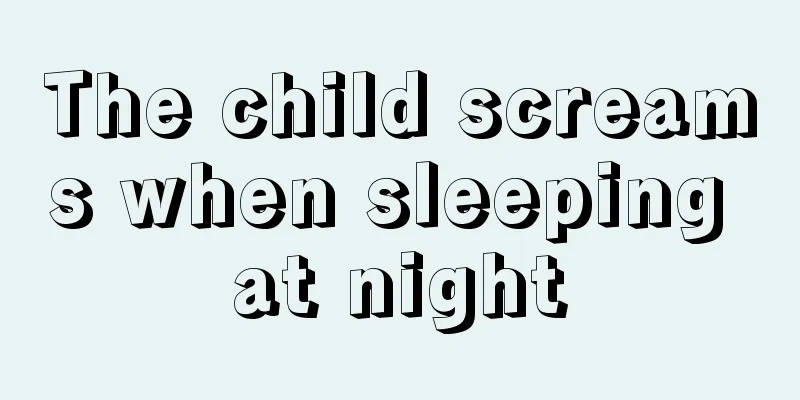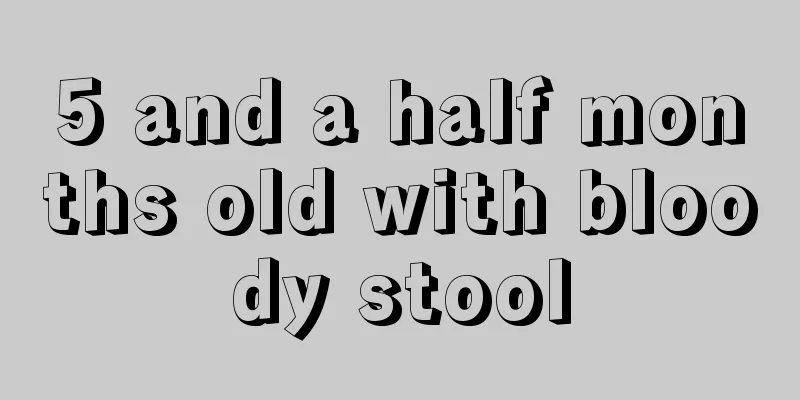How to measure head circumference

|
Many new parents want to know their children's physiological indicators, so they always take various measurements, not only measuring height but also head circumference. The measurement of head circumference requires a very particular method. If you fail to master the correct measurement method, it may lead to discrepancies in your measurement data and you may not be able to correctly monitor the child's various indicators, which is not conducive to the child's growth. So, how should we measure the baby's head circumference? 1. How to measure baby's head circumference How should the baby's head circumference be measured most accurately? We have said that the baby's head circumference refers to the maximum length of the head, so we should use a soft ruler to measure the baby's head circumference. Use a soft tape measure to wrap around the baby's head, passing through the middle of the eyebrows in the front and the most prominent point of the back of the head, which is the highest point of the occipital protuberance. The data obtained by going around the baby's head is the baby's head circumference. Generally, babies have less hair, so the thickness of the hair can be ignored. However, if the baby is older and has more hair, the hair should be parted for more accurate measurement. 2. Standard head circumference for three-month-old babies The standard head circumference of a three-month-old baby should be between approximately 38.2 and 43.4 cm for boys, with an average of 40.8 cm, and between 37.4 and 42.2 cm for girls, with an average of 39.8 cm. Generally speaking, a baby's head circumference will grow by about 8 cm in the first six months after birth, and by about 3 to 4 cm in the second six months. After the age of 4, the head circumference will grow very slowly, and will almost stop growing after the age of 10. The baby's head circumference can be measured according to the standard range above. If the actual head circumference is two standard deviations larger or smaller than the normal average, it can be diagnosed as macrocephaly or microcephaly. 3. What to do if the baby's head circumference is too small A baby's small head circumference generally means that the baby's head circumference is smaller than the median head circumference of babies of the same age minus two standard deviations, or even below the third percentile. At this time, the baby's intellectual development may be restricted, and the baby will also lag behind in physical strength. Some may even have convulsions. These babies generally have small and pointed heads and narrow foreheads. If it is determined after measurement that the baby's head circumference is small, you should go to the hospital in time to rule out some diseases. In addition, if conditions permit, you can do an intelligence test to see if the baby has intellectual defects. A comprehensive examination at the hospital can help your baby. |
<<: Baby got a swollen head after falling
>>: Three month old baby's head tilted back
Recommend
What factors affect a girl's height?
Generally speaking, girls are shorter than boys, ...
What is good to eat for children to strengthen their spleen and stomach?
Weak spleen and stomach are generally caused by i...
Treatment of white tongue coating in full-month baby
The birth of a new life will make our parents ver...
Can Kuding Tea Cure Baby Eczema?
Kuding tea is a natural health tea. Many people d...
ADHD symptoms
There are many types of diseases. In the process ...
Causes and treatment of perioral dermatitis in children
Introduce the causes and treatments of perioral d...
Symptoms of fungal vaginitis in children
I believe many people know that due to their earl...
What are the clinical manifestations of ADHD in children?
Children with ADHD always have difficulty concent...
Can babies eat pomegranate seeds?
For babies, eating some pomegranates appropriatel...
Child coughs and stomachache
Children's coughing will make parents feel ve...
Reasons why babies sweat on their heads when sleeping at night
Many babies sweat when they sleep at night, espec...
Reasons for high lymphocyte percentage in infants
Babies have just come into the world and have not...
Which one should I supplement first if my child is deficient in calcium, iron or zinc?
Children need a lot of nutrition as they grow. If...
Do children have faster heart rates than adults?
Everyone's heartbeat speed is different in da...
How to choose a baby bottle for newborns
The vast majority of babies do not drink exclusiv...









